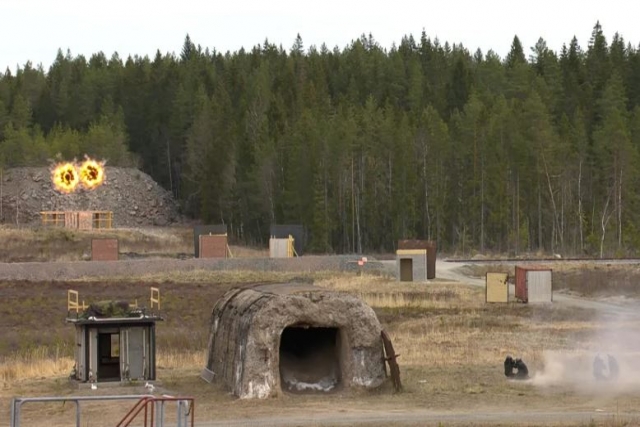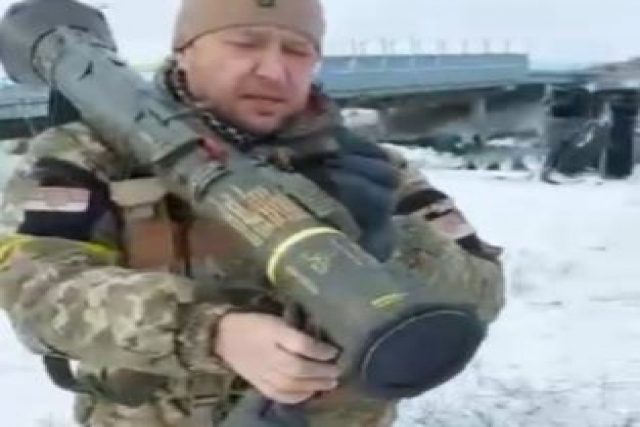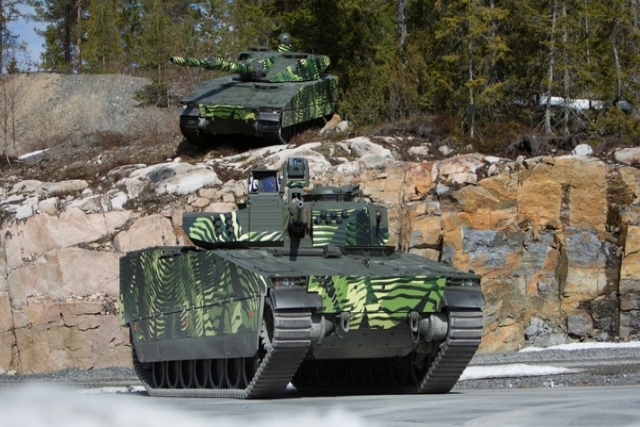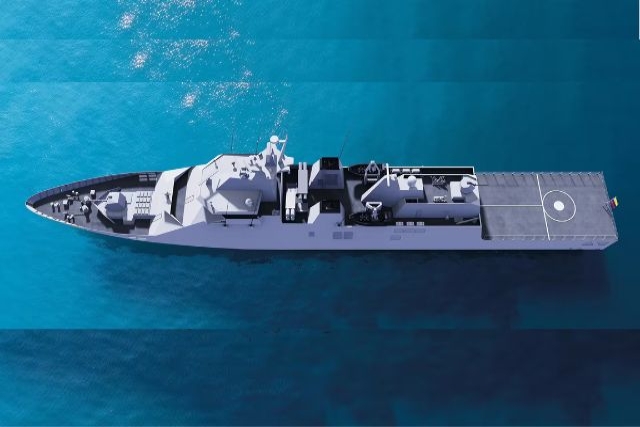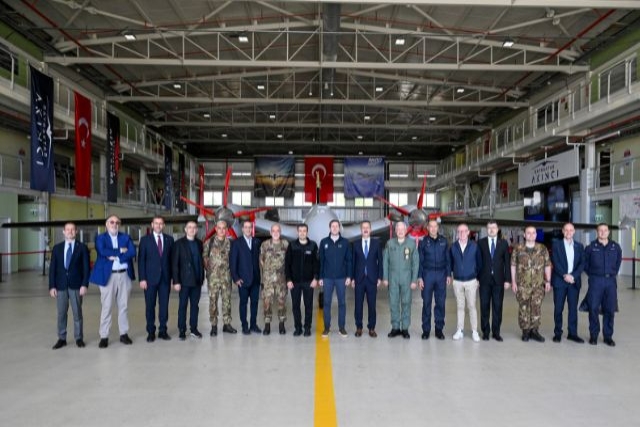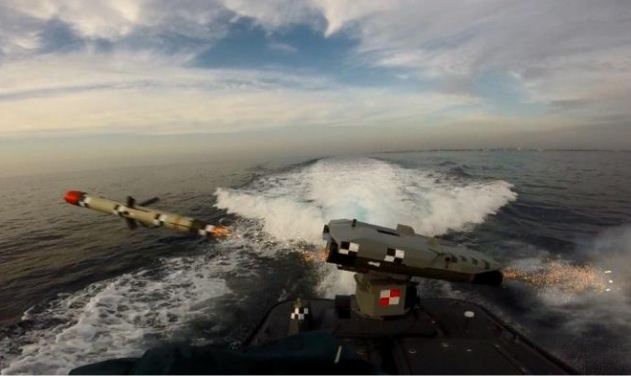Sweden to Invest in Military Satellites, Launch Capability
Sweden will become the only country within NATO to have its own space launch capability
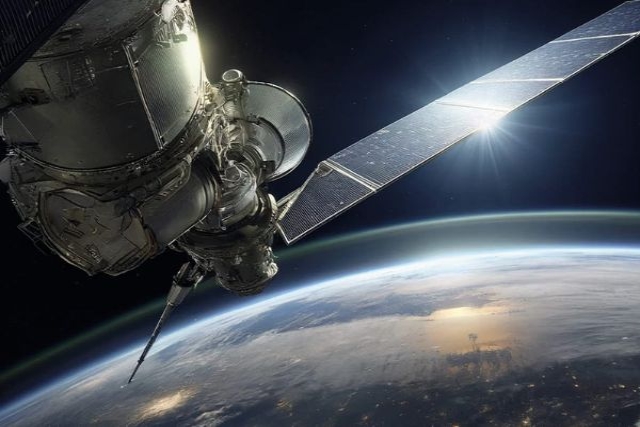
The Swedish Ministry of Defense plans to invest in 1 Billion Krona ($97 million) to kick start its foray into the military space domain by setting up its own launch capability and developing surveillance satellites.
“Space is one of the domains where the Armed Forces need to be able to work to build security. With the government decision, opportunities are created for capability development in the space domain, primarily in three areas; reconnaissance and surveillance from space, national launch capability and military space imagery,” a Swedish MoD statement said.
“Our presence in the space domain is important for the future development of our defense capability which will provide support for multi-domain operations,” said Mattias Bengtson, project manager at the Air Force's space department.
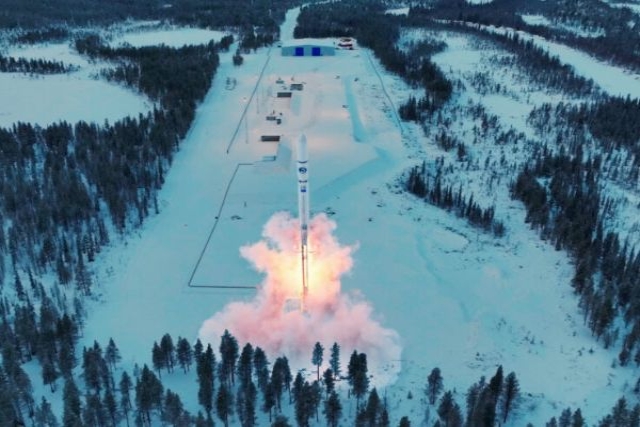
Reconnaissance and surveillance satellites are a capability with a global reach, which is increasingly important in the new security policy situation in the world. These satellites contribute to the Armed Forces' situational picture and intelligence gathering for, among other things, long-range combat.
The investment in a national launch capability gives the Swedish Armed Forces good conditions for being able to launch their own satellites into orbit, which will contribute to Sweden's security and defense capability.
The ability to launch satellites is also a limited resource, and there are not many countries that have this ability today. This means that Sweden brings an important strategic resource into the NATO defense alliance, said Mattias Bengtson.
The Air Force is developing the capability to produce and distribute space situational imagery. This increases the possibilities of taking protective measures against other actors' space-based intelligence gathering and provides conditions for protecting their own combat forces and contributing to the alliance's overall space situation picture.
We want to work for a global sustainable use of space by creating a code of conduct, i.e. how space nations should behave in space. There are approximately 11,000 satellites in orbit around the Earth and collisions in space are a real risk. By being able to measure and follow satellites' trajectories, the Swedish Armed Forces have better opportunities to avoid collisions and counter the intelligence threat against Sweden, says Mattias Bengtson.
